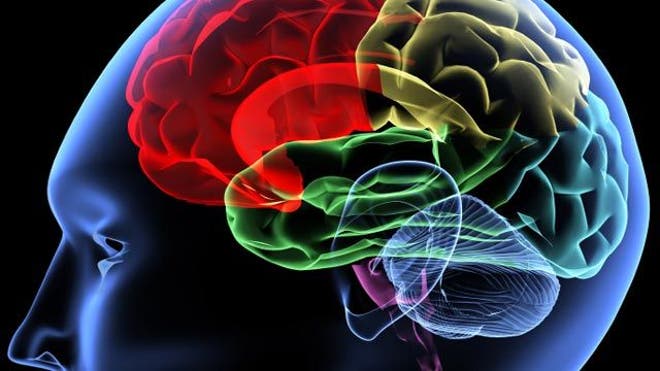Missing out on sleep for consecutive nights may do more than make you pour a larger coffee—it may lead to irreversible damage of brain cells.
It’s commonly thought that “catching up” on shut-eye after a few sleepless nights is enough to reset the body without lasting effects, but researchers at the University of Pennsylvania have now linked extended wakefulness with injury to, and loss of, neurons that are essential for alertness and optimal cognition.
Extended wakefulness occurs when the body is awake for periods outside of usual sleep periods. For example, working the night shift for three days, then spending the remainder of the week on a usual cycle with one’s family. Or cramming for an exam in the nights leading up to the test, then resuming one’s regular schedule.
“It’s a pretty realistic pattern, [having] three night shifts a week,” Dr. Sigrid Veasey, an associate professor of medicine and a member of the Center for Sleep and Circadian Neurobiology at the Perelman School of Medicine at the University of Pennsylvania told FoxNews.com. “It’s a realistic amount of sleep loss.”
Using that information, Veasey and her team studied mice in an environment that mimicked a shift worker’s typical sleep pattern. They found that short-term sleep loss led to damage of the locus coeruleus (LC) neurons, a small group of neurons essential for the brain’s alertness and cognition. The LC neurons regulate the sirtuin type 3 (SirT3) protein, an enzyme that manages oxidative stress. The body uses mitochondria to generate energy, but a byproduct of that work are cell-damaging free radicals. SirT3 responds by making antioxidants that wipe out these free radicals. However, with extended wakefulness, the SirT3 is reduced, along with the LC neurons.
“Odds are that for short-term, if you’re pulling an all-nighter and your normal bedtime is 10 or 11 pm, and you stay up until 1 or 2 pm, you’re probably fine if you do that once. The SirT3 [level] goes up and clears out the garbage,” Veasey said. “If you have extended sleep loss repeated night after night for three consecutive nights, you don’t get the SirT3 response. Without that, there’s a lot of oxidative injury, a loss of 25 to 30 percent of those neurons … If that happens time and time again over a lifetime, it can lead to irreversible cognitive impairment.”
The loss of LC neurons manifests as problems with higher cognitive function, being unable to integrate facts, a depressed mood and lapses in attention. Previous animal studies have also shown that LC neuron loss accelerated the course of Parkinson’s and Alzheimer’s diseases.
“It’s a pretty significant problem from this tiny little collection of neurons,” Veasey said.
While the symptoms sound like they’d be easily noticeable, Veasey warned that chronic lack of sleep can throws off one’s perceptions.
“One of the things that’s really important with chronic sleep disorders is that there have been studies that if you’re actually sleep deprived … over time you lose the sense of how impaired you are— you feel like it’s just your normal self,” she said.
Moving forward, researchers plan to study how to increase SirT3 activity to protect people from cognitive impairment after sleep loss. Veasey noted that this understanding will be invaluable for military operations, physicians, nurses and health care workers who regularly work with extended sleep loss.
“[Sleep loss] is a major health problem, as well as a quality of life problem,” she said.
http://www.foxnews.com/health/2014/03/19/lost-sleep-leads-to-lost-brain-cells-says-study/

